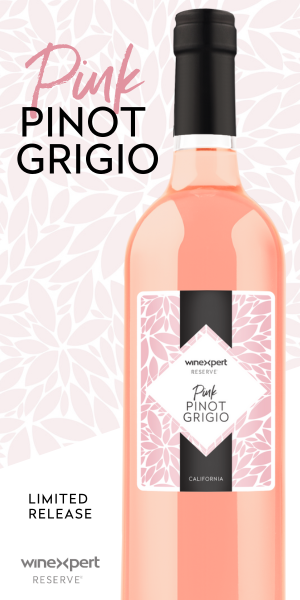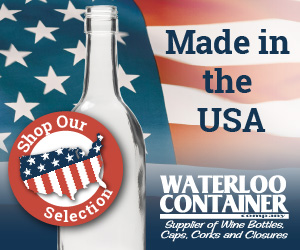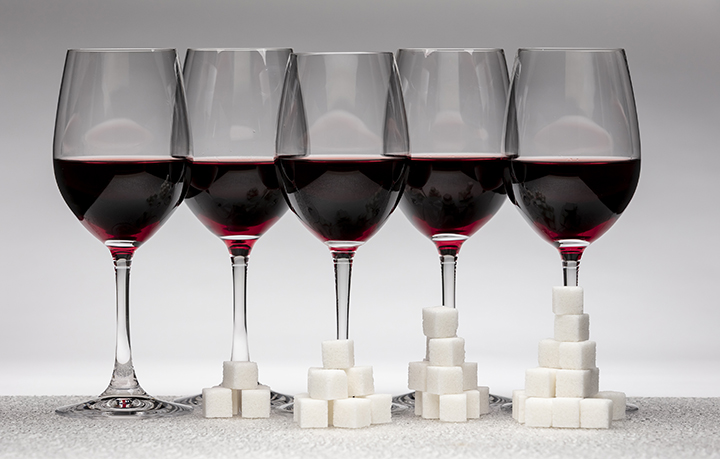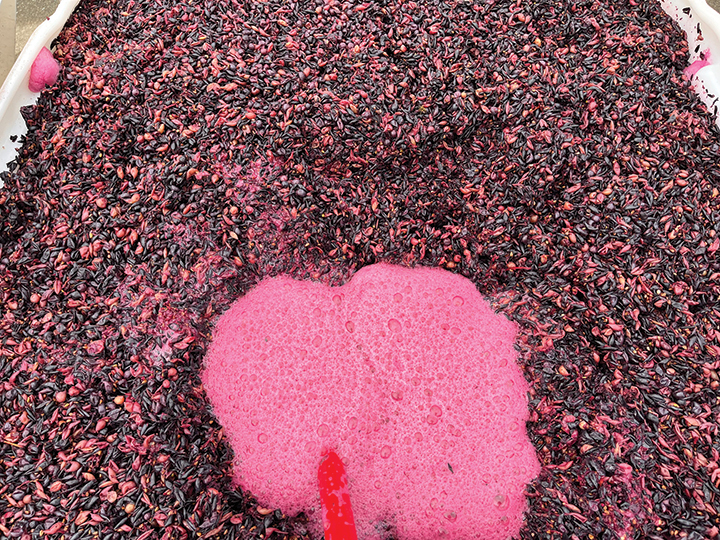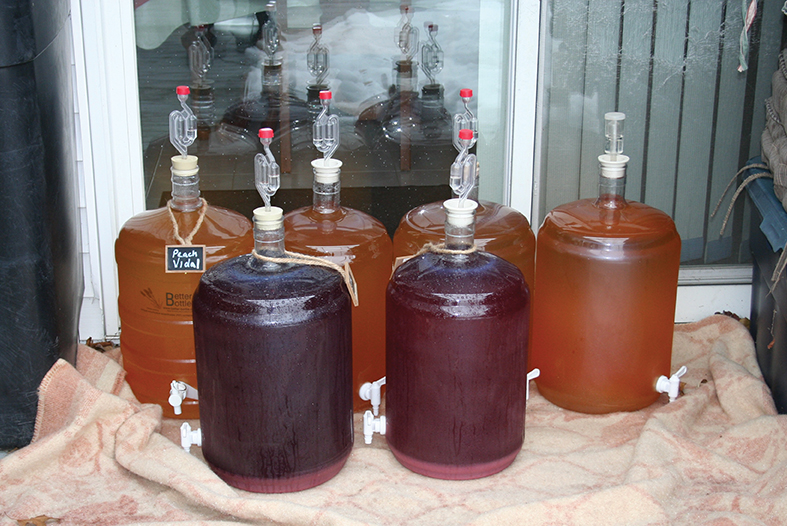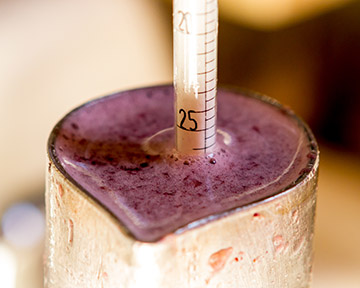Top 10 Winemaking Myths
As in many fields — health promoting and weight-loss diets come to mind — that have grown from unfounded beliefs and around traditions, with newfound scientific knowledge proving or disproving long-held theories, the field of wine and winemaking has its share of myths, misconceptions and sheer quackery.
To the uninitiated, enophiles can seem snobbish, often rightly so. Toss biodynamic farming and “natural” (whatever that means) winemaking or whatever other controversial topic into the mix and you have a recipe for some of the most spirited debates. Here, we take a light-hearted look at a list of top 10 myths in wine and winemaking and a dead serious attempt at debunking those using fact-based science.
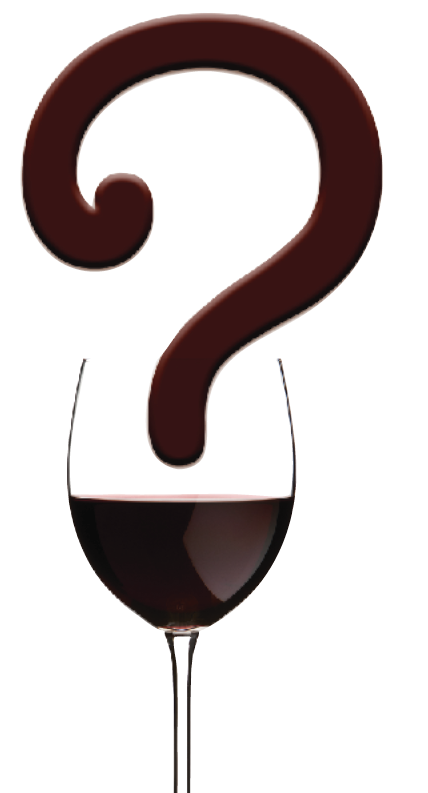
#10 NATURAL WINES ARE MORE PURE AND SAFE
Some people believe that natural wines are “purer,” safer and healthier. Their beliefs are founded on the notion that anything added, anything done to wine except to let it run its natural course, is simply bad chemistry.
Ah! Those nasty chemicals; let alone that wine contains hundreds and hundreds of compounds, possibly more than a thousand. Of course many are naturally occurring but a vast majority are also the result of yeast fermentation, bacterial conversion of malic acid into lactic acid in what is known as malolactic fermentation (MLF), and microbial infections.
Yes, certainly, one can make wine with minimal processing and no additives, but these wines must be drunk early — they simply will not age, and are at high risk of spoilage. And if you are not aging your wines, even as little as six months, you are missing out on creating superb wines. Flavors and aromas take time to develop, but wine is also laden with countless microorganisms waiting for an opportune moment to strike and cause spoilage. Not to mention proteins, pectins and the many other naturally occurring compounds that can also affect appearance and sensory attributes.
Wine must be stabilized and protected against latent defects that can wreak havoc in the bottle. And many of the additives are simply processing aids, meaning they act on some wine compounds, such as haze-causing proteins, then completely precipitate and are removed by racking, leaving no residue or only undetectable traces. Why risk any defects or spoilage in the name of naturalness?
#9 FILTRATION NEGATIVELY IMPACTS QUALITY
Natural wines — Part 2 . . .Filtration, too, is sometimes seen as unnatural, but perhaps because it is believed to be too rough a process that messes up wine. Many claim that filtration strips wine of its “soul,” whatever that means, as well as color and aromas.
Again, yes, great wines can be made without filtration by letting the wine settle and racking every so often until it is clear. But wine needs time to shed its colloidal matter, such as proteins and polymeric anthocyanin and tannin complexes, and this requires sulfiting during storage to avoid defects or spoilage. If not aged and bottled soon after production, red wine will throw heavy sediments and stain bottles that will need a caustic wash to recycle. Filtration removes that colloidal matter and particulates that would otherwise form in the bottle.
As for aromas and flavors, those compounds are so much smaller than colloidal matter and particulates targeted by filter pads and membranes, and therefore are not removed. Only technology such as nanofiltration or reverse osmosis can impact molecular compounds. And if those expensive technologies are required, there is likely something wrong — something very wrong — with the wine.
#8 ALL YEASTS ARE THE SAME
If you use a strong fermenting yeast (e.g. a bayanus strain) for all your fermentations simply to avoid problems, or if you believe that yeast is yeast is yeast, you are missing out on making superlative wines. The choice of a good yeast strain suited for the variety at hand should be thought out and planned carefully.
I wrote extensively on the role of yeast in the April–May 2014 issue of WineMaker, in which I explained how the metabolic engine of yeast works and what happens under the hood. Yeast is not just about transforming sugars into ethanol; it also produces a multitude of compounds that contribute to sensory attributes and frees and transforms bound aroma and flavor precursors into characteristic varietal aromas and flavors.
Manufacturers publish yeast characteristics including recommended varieties, expected organoleptic profile, SO2 production, and compatibility with malolactic bacteria (MLF), just to name a few. Consult their charts and source your selection well ahead of winemaking season; you don’t want to be left with only a bayanus strain to ferment your Pinot Noir that you paid for so dearly.
#7 WATER DOES NOT MAKE A DIFFERENCE IN KIT WINES
Kit wines are made by reconstituting grape juice concentrate with water. There are those who wouldn’t give it a second thought but to use tap water while others will use nothing but distilled (demineralized, deionized) water.
Properly treated city water with no off-odors is not a problem. I always say that if your water is good enough to drink right out of the tap, then it’s good enough to make wine. But there are several potential issues with city tap water, or any water other than distilled, if not treated properly. Chlorine is a common culprit as the pungent smell is easily detected at very low concentrations. Off-odors such as earthy, mushroom-like smells can also negatively impact wine. And minerals in hard water and high pH can cause chemical and microbial instabilities and, potentially, fermentation problems. Copper and iron, particularly from old piping or from alloy metal faucets, for example, are most problematic; these metals are known for catalyzing oxidation in wine. If you suspect any of these in your water, either treat it with a purifier or filter, or use bottled or distilled water. Also, do not use distilled water for rehydrating yeast; instead, use bottled water as it contains essential minerals to nourish the yeast.
#6 NEVER PROCESS WINE ON A FULL MOON
This is one of my all-time favorites, courtesy of my dad and older-generation Italian home winemakers who would not dare question, let alone challenge, long-held beliefs —some of which border on the paranormal. The last time I checked, none were familiar with the work of Rudolf Steiner, an Austrian philosopher and esotericist who founded biodynamic agriculture in Germany in 1924.
Once the wine started fermenting and then “self-stabilized” — this generation of Italian home winemakers was very non-interventionist — it would then need at least one or two rackings and would soon be bottled for drinking. As a very young apprentice winemaker, I remember my dad warning me against “disturbing” wine on a full moon or on a cloudy or rainy day. Racking on a full moon was a no-no. He never did offer me a convincing explanation except to say that it would make the wine turbido or cloudy. Only later in life as an avid winemaker myself did I decide to investigate this further, then armed with knowledge of chemistry, though “astropsychemistry” would have served better if such a science existed.
At first it made sense: A full moon is closer to Earth and causes greater atmospheric pressure that keeps dissolved gases — mainly carbon dioxide, but also oxygen and sulfur dioxide — in the wine; otherwise gases under a low pressure would try to come out of solution and cause turbidity by agitating particles back into suspension. But then this theory did not support the effects of a cloudy or rainy day where atmospheric pressure is lower.
Based on my crude experiments, I could only conclude that there is no detectable difference between a wine processed during a full moon and one processed on a nice day. And now driven by financial and market pressures as a commercial winery operator, we never do worry about the weather or a full moon, that is unless we decide to take up biodynamic winemaking.
#5 LEGS IN WINE MEAN IT IS FULL-BODIED
Repeat after me: “Legs” — or the less chauvinistic “tears” — say nothing about a wine’s quality.
When swirling a glass of wine, it is to volatize or release the myriad of charming aromas, to please our olfactory senses while tasting. That is absolutely true; but the tears that form and slowly trickle down the glass do not reveal anything about the “full-bodiedness” or quality of the wine, though admittedly, they look very appealing. The tears are a result of surface tension coupled with ethanol evaporation. It is a misconception that tears are an indication of the amount of glycerol and that the more glycerol, the more body the wine has.
Body in wine is determined by the mix of tannin, alcohol and residual sugar concentrations, but not glycerol. Note, that contrary to popular belief, high alcohol alone does not make a wine full-bodied; you can have a 12.5% full-bodied red with lots of rich tannins. Conversely, you can have a thin, though hot and heady, 14% red. That is why whites are usually not described as full-bodied, except for oak-aged Chardonnay.
Glycerol is a very viscous and sweet-tasting, non-intoxicating trialcohol, a by-product of sugar fermentation. Glycerol concentration is higher in reds because the amount produced is proportional to the amount of alcohol produced where reds have generally higher alcohol concentration than whites and because more is produced at the higher fermentation temperatures used in red winemaking. However, the concentration found in wines is below detection threshold and so it does not play a role in body and quality of wine.
#4 WINE CAN AGE INDEFINITELY
The potential of a wine to age depends on its chemistry. Most important are tannins, but alcohol, acidity and pH, concentration of reducing (residual) sugars, and presence of oxidative factors such as residual laccase (browning enzymes found in rot-affected grapes) and the presence of catalytic oxidative metals all play important roles. Since whites are made without macerating the skins and are seldom aged in oak barrels, except for Chardonnay and other varieties suited to barrel aging, these have little tannin content and therefore do not age well.
At bottling, the most critical factors are the amount of free SO2, dissolved oxygen and headspace (ullage) oxygen, the type of closure, bottle size and glass color, and cellaring temperature.
All wines evolve through three phases: development, maturity and decline. Following a settling-down period after bottling, wine will seem muted at first but then develop new aromas and flavors. They plateau at their peak, or maturity, and remain essentially unchanged for months or years and possibly decades in the best wines or Port and sweet wines. Then they start their decline phase where those beautiful aromas and flavors disappear and perhaps some off-aromas develop, and the color progressively evolves to a more pronounced brown. The rates of development and decline and the stay at maturity depend on the factors we just discussed.
#3 BARRELS, OAK ALTERNATIVES and BARREL FERMENTATION GIVE THE SAME RESULTS
This is one of the main misconceptions with novice winemakers venturing into oaking or barrel aging. The decision usually boils down to one of economics.
The enological impacts of fermenting wine in barrels, aging in barrels, and using oak alternatives can be dramatically different. We are talking well beyond French vs. American vs. Eastern European oak wood. We are talking about barrel kinetics, and interactions between wood and wine.
When wine is fermented in barrels, it does so in a reductive (absence of oxygen) environment. Yeast enzymes can reduce vanillin into the quasi odorless vanillic alcohol, and similarly with furfurals, which impart aromas of toasted almonds resulting from the barrel-toasting process, and which become enzymatically reduced into their alcohol forms to give wine less almond and toasted aromas. And yeast is also implicated in several reactions with anthocyanins, tannins and polysaccharides to improve and stabilize color (in reds) and alter mouthfeel to a softer style.
Barrel aging phenomena are oxidative, which give wine very different organoleptic attributes. Barrel-aged wines exhibit more vanillin and toasted almond aromas, and are generally bolder, though this depends on new vs. used barrels and the extent of aging.
In barrels, wine is only exposed to the longitudinal face of barrel staves and head segments. The exchange between wine and wood is relatively slow. With oak alternatives, such as staves, cubes and powder, there is considerably more surface area in contact with wine, therefore increasing the rate of transfer of oak compounds to the wine; however, there is now exposed end grain too. End grain transfers different compounds than stave faces and at a faster rate because of a sponge-like effect to give wine very different sensory attributes.
#2 ALL OXYGEN IS BAD FOR WINE
The first thing we all learn is that oxygen is bad for wine, other than some small amounts to favor yeast fermentation. In general, though there are exceptions, whites should be protected from oxygen uptake throughout winemaking whereas reds will benefit from “some” oxygen. This, of course, depends on grape variety, the quality of the fruit, and wine chemistry. Reds are better protected because of their much higher polyphenol content compared to whites.
Whites tend to suffer in quality with any oxygen uptake, right from crushing/pressing to bottling. Reds have been shown to score highest at an oxygen consumption level in the range 100–120 mL/L, which represents, using typical oxygen uptake values during processing, two daily pump-overs for five days during fermentation with no post-ferment maceration, racking is done from the bottom valve of tanks, all transfers are done by gravity or gas under the protection of gas, 18 months in new oak barrels with topping every three months and racking every six months using a bulldog pup (a device to transfer wine between barrels using inert gas pressure), and a light plate filtration at bottling. Stated differently, this represents approximately 12 complete saturations of wine, demonstrating that red wines can handle (and need) oxygen.
#1 SULFITES CAUSE HEADACHES
The topic of sulfites in wine is the undisputed champion of controversies — just the mention of the word can cause a splitting headache. Oh how easy it is to blame sulfites after imbibing “a glass or two” of red wine. What is interesting is those same individuals experience no headaches after drinking white wine, though these typically have higher levels of sulfites.
The same is true of french fries and dried fruits, which contain one order of magnitude more sulfites! A typical red wine can contain 200 mg/L of sulfites (total SO2); dried apricots can be in the 3000–3500 mg/L range.
Medical studies have confirmed that sulfites can trigger respiratory problems in asthmatics, although reaction mechanisms are not well understood. What we know is that sulfites cause inflammation of mastocytes, or mast cells, that reside in tissues including those in the lungs. The mast cells contain many granules rich in histamine and are released during the inflammation triggering the attack. Sulfur-containing compounds are also known to cause dermatitis and other types of skin irritations. But in spite of the popular, adamant opinion that sulfites cause headaches, there is no medical evidence, the kind supported by scientific research, that links cause and effect.
S. cerevisiae yeast metabolism generates in the order of 10 mg/L of sulfite during fermentation. Commercial wineries are required to include the General Surgeon warning on labels on bottles with wine containing more than that much sulfite. Some yeasts produce more, particularly indigenous yeasts, which can produce well in excess of 100 mg/L.
Our bodies too manufacture a small amount of sulfites during metabolism of amino acids and convert them into harmless sulfates. So what are the possible culprits of headaches?
Biogenic amines, particularly histamine and tyramine, are the most likely culprits. These are organic compounds resulting from amino acid metabolism of unknown or indigenous lactic acid bacteria during MLF. Most reds go through MLF but whites seldom do, except for such varieties as Chardonnay, hence why reds are most often blamed for headaches. The effects of these amines are compounded in the presence of increasing alcohol, such as in reds. Individuals that possess digestive enzymes that inactivate the biogenic amines will feel no ill effects. Of course, we cannot rule out the possibility of excess alcohol, a.k.a. a hangover, as the culprit of headaches.
Another possibility is tannins. Tannins are believed to release serotonin — a neurotransmitter found mainly in the gastrointestinal tract but also in the central nervous system. Serotonin dilates and constricts blood vessels in the brain, which can cause headaches and migraines.

